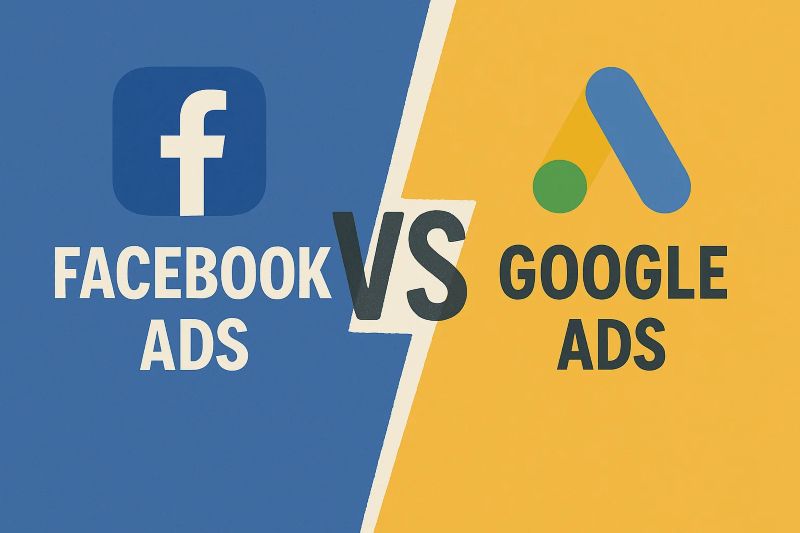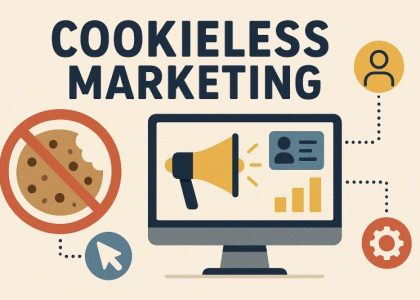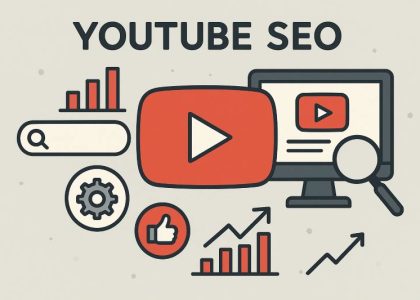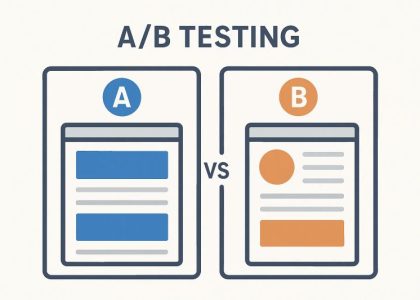Introduction
In today’s fast-paced digital advertising world, two platforms dominate the conversation: Facebook Ads and Google Ads. Both offer unmatched reach and powerful tools, but in 2025, one critical question remains for marketers:
Which platform delivers the better return on investment (ROI)?
In this blog, we’ll break down Facebook vs Google Ads across key areas like performance, targeting, cost, conversions, and creative flexibility to help you decide which platform aligns with your marketing goals.
Why ROI Matters More Than Ever in 2025
ROI is no longer just a metric—it’s a business essential. As ad costs rise and privacy laws tighten, marketers must ensure every ad rupee counts.
In 2025, success depends on two things:
- Efficiency – how well your ads convert
- Relevance – how closely your message matches user intent
Let’s explore how both platforms stack up when it comes to generating real, measurable results.
1. Audience Targeting Capabilities
🟦 Facebook Ads (Meta)
Facebook Ads offer rich audience targeting options across its platforms: Facebook, Instagram, Messenger, and the Audience Network.
What works well:
- Behavioral and interest-based targeting
- Custom audiences from existing data
- Lookalike audiences for scaling
- Social retargeting based on activity
Meta excels at reaching people based on interests, lifestyle, and behavior, making it ideal for B2C campaigns and brand building.
🔴 Google Ads
Google Ads center on intent-based targeting, using user searches, keywords, and browsing behavior.
Top features:
- High-intent keyword targeting
- In-market audience segmentation
- Remarketing via Google Display Network (GDN)
- YouTube and Shopping ad integration
Google is great for capturing users actively searching for specific solutions.
🏁 Verdict:
Use Facebook for awareness and social engagement. Choose Google for capturing demand and driving action from users ready to convert.
2. Cost Per Click (CPC) and Budget Efficiency
🟦 Facebook Ads
Facebook remains a cost-effective choice in 2025, particularly for startups and smaller budgets.
- Average CPC: ₹5 – ₹15 (industry-dependent)
- Lower competition in niche B2C markets
- Strong value for engagement and reach
- However, rising competition and ad fatigue can increase costs over time
🔴 Google Ads
Google Ads typically command higher CPCs, especially in competitive sectors like finance, legal, and healthcare.
- Average CPC: ₹15 – ₹60+
- You’re reaching high-intent users closer to purchase
- Campaigns like Performance Max help scale with better control
🏁 Verdict:
Go with Facebook for budget-friendly engagement. Choose Google when targeting high-conversion traffic justifies the higher spend.
3. Conversion Rates and ROI
🟦 Facebook Ads
Facebook excels at top-of-funnel engagement and lead nurturing. Its visual content attracts attention, while retargeting boosts conversions over time.
Strong for:
- Email signups
- Lead generation forms
- Video views and engagement
Performance improves when you use compelling visuals, strong CTAs, and retargeting strategies.
🔴 Google Ads
Google Ads shine when it comes to direct conversions.
Best suited for:
- eCommerce product sales
- Service inquiries
- Booking-based businesses
With higher intent and lower bounce rates, Google drives fast results, especially when campaigns are optimized for search intent.
🏁 Verdict:
Google Ads win on ROI when the goal is driving direct sales or conversions.
4. Creative Format Flexibility
🟦 Facebook Ads
Meta’s ad options are highly visual and interactive:
- Image ads
- Video ads
- Carousel and collection ads
- Stories and Reels
You can tell a compelling story, use UGC (user-generated content), and blend ads naturally into the user’s feed.
🔴 Google Ads
Google offers:
- Text ads (Search)
- Display banners
- Shopping ads
- YouTube video ads
- Responsive formats (via Performance Max)
Although versatile, Google’s ad formats are more structured and less creative compared to social platforms.
🏁 Verdict:
Facebook wins for visual storytelling and creativity. Google excels in functional, search-driven placements.
5. Analytics and Optimization Tools
🟦 Facebook Ads
Meta Business Suite provides:
- Real-time performance insights
- A/B testing options
- Budget optimization across campaigns
The platform is user-friendly, making it ideal for social marketers and small business owners.
🔴 Google Ads
Google offers:
- Deep keyword-level analytics
- Smart bidding with AI-based automation
- Seamless integration with Google Analytics 4 (GA4)
- Data-rich dashboards for performance marketers
🏁 Verdict:
Google Ads lead in data-driven optimization and detailed reporting.
6. Industry Suitability: Which Platform Fits Your Business?
✅ Best for Facebook Ads:
- Fashion, beauty, and lifestyle brands
- Coaches, creators, and influencers
- Viral campaigns and D2C launches
- B2C lead generation
✅ Best for Google Ads:
- Local service providers (e.g., plumbers, lawyers, doctors)
- Healthcare, finance, and education
- eCommerce businesses
- B2B lead generation and high-ticket services
Final Verdict: Which One Delivers Better ROI in 2025?
There’s no universal winner—the best platform depends on your business type, goals, and audience.
✅ Choose Facebook Ads if you want to:
- Build brand visibility
- Create engaging visual content
- Reach cold audiences through social storytelling
✅ Choose Google Ads if you want to:
- Capture high-intent search traffic
- Drive direct sales or leads
- Maximize ROI with conversion-focused strategies
